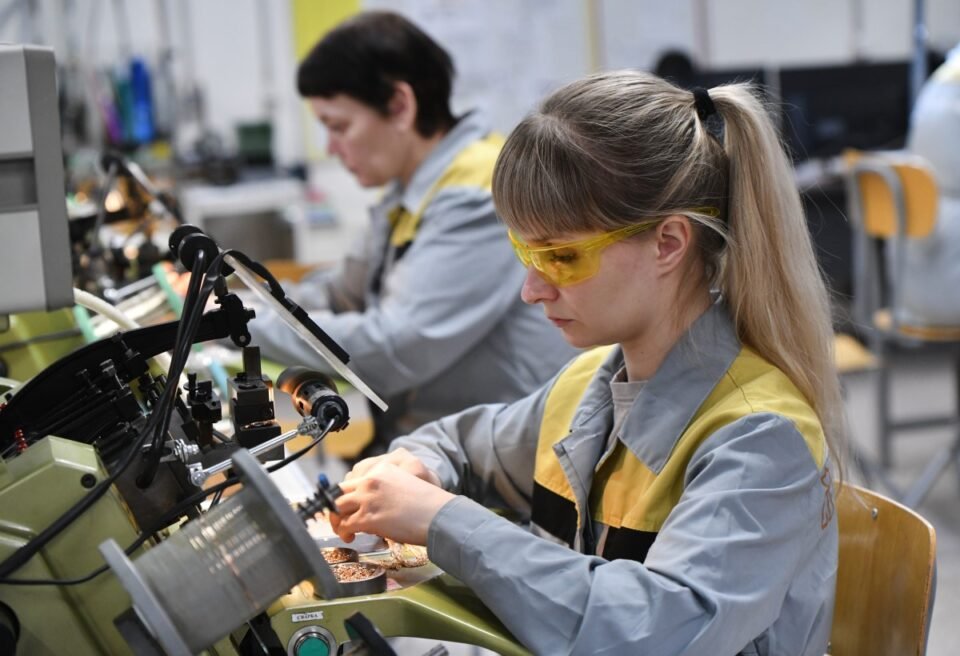Combing one of the world’s rare metals with a comparatively abundant element could help accelerate green hydrogen production, with a Japanese research team developing an enhanced catalyst for industrial electrolysis.
Iridium is a vital, but rare catalyst involved in the electrolysis process that produces green hydrogen, effectively by using electricity from a renewable energy source to split water into separate hydrogen and oxygen molecules.
Such is its scarcity that only around 3 tonnes are produced annually from a thin layer of the Earth’s crust and other small deposits. It’s the most corrosion-resistant element and very unreactive, making it perfect as a catalyst that can speed up electrolysis reactions without degrading itself.
To reduce the need of iridium, a team of researchers at the Japanese RIKEN Center for Sustainable Resources Science has published results in the journal Science showing a new method for electrolysis that requires 96% less iridium for the same outcome.
“We need a way to bridge the gap between rare metal and common metal-based electrolysers, so that we can make a gradual transition over many years to completely sustainable green hydrogen,” says Ryuhei Nakamura, an electrochemist at RIKEN who led the study.
Rare metals and the supply chain
To achieve the reduction in iridium, the RIKEN team combined iridium with manganese oxide. By dispersing iridium atoms on a piece of manganese oxide, the team was able to conduct highly efficient electrolysis such that it “exceeds that of iridium catalysts reported previously”.
Nakamura’s team were able to run a continuous electrolysis process for around 4 months at around 82% efficiency using the material.
He anticipates their platform will be “easily transferred to real-world applications” with industry partners collaborating with the RIKEN group to introduce the technology to market.
The introduction of more efficient materials like their iridium-manganese catalyst could help reduce the need to extract substantial amounts of the rare metal. The equivalent of 40 years’ worth of iridium extraction would be required to bring global hydrogen production to terawatt scale, with the world’s energy demand currently around 18TW on average.
Are you interested in the energy industry and the technology and scientific developments that power it? Then our email newsletter Energise is for you. Click here to become a subscriber.

